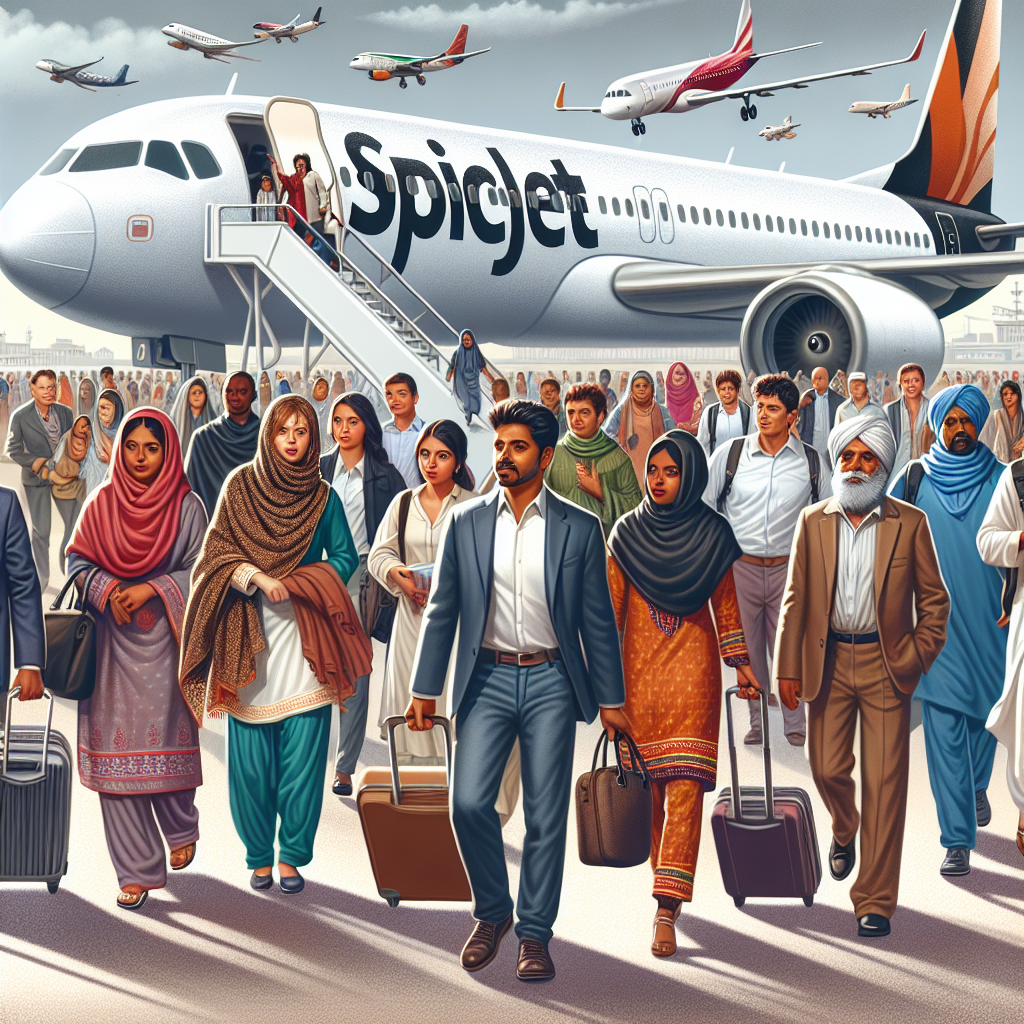The life and political career of Marian Alexander Baby (71), the new General Secretary of the CPI(M), closely mirrors most of his predecessors who held that office. Born to a middle class family and drawn to Communism from his school days, Baby's journey has been shaped by struggle, sacrifice, integrity, eloquence, and ideological conviction — qualities that have steadily propelled his rise within the party ranks. Despite the barbs that the party's name CPI(M) now stands for CPI (Malayali), Baby’s ascent carries several unique dimensions -personal, political and social- some of which even his party may not openly acknowledge.
First, he enters history books as the highest leader of India's largest Left party in its centenary year. Second, Baby’s tryst with destiny comes when the Indian Left is standing on its weakest legs, with only his native Kerala still holding the red flag aloft. Third, Baby is only the third non-Hindu among the 15 general secretaries who have led the CPI and CPI(M) over the past hundred years—parties that have been among the most vocal champions of secularism and pluralism.

The other two are CPI(M)’s third General Secretary, Harkishen Singh Surjeet, a Sikh, and CPI’s current General Secretary D. Raja, a Dalit Christian. Finally, Baby, born into a Latin Catholic family, is CPI(M)’s first general secretary from a non-upper-caste background.
If one includes CPI as well, he is only the second such figure across both parties. Notably, D Raja remains the only Dalit to have ever held the position of General Secretary in the hundred-year-long history of mainstream Indian Communism—ironically, a movement long associated with the cause of the downtrodden. Many may question whether these points hold any real significance.
Such skepticism could come from both within the Left as well as from its critics. The Left often downplays the importance of individual leadership, viewing personality as secondary in a class-based movement. Meanwhile, its critics may dismiss these considerations altogether, arguing that the Left's marginal presence in national politics—commanding barely 3% of the vote—renders such discussions ridiculously irrelevant.
Undeniably, the first point—the symbolic nature of Baby’s elevation as general secretary—is largely incidental. It is only a coincidence that this responsibility has fallen to him in the party’s centenary year. However, the second point is far more consequential: Can the new General Secretary of India’s largest Communist party steer the movement out of its current crisis? The adage “Cometh the hour, cometh the man” suggests that critical moments produce fitting leaders.
But the existential challenges facing the Left today are too complex and deeply entrenched for any one individual—no matter how capable—to resolve alone. This brings us to the striking fact that Baby is only the third non-Hindu—and the second lower-caste individual—to lead a Communist party in a country where religion and caste are among the most defining aspects of personal identity and being. This development is particularly significant given that the Communists have long claimed to champion the cause of the most oppressed—whose marginalisation in India has been deeply shaped by both caste and religion- but failed to practice in the choice of their leaders.
Traditionally class-centric, the Communist parties may dismiss this irony or contradiction as irrelevant. For them, the religion or caste of a leader is immaterial so long as the party remains committed to addressing the concerns of the working class, irrespective of its social background. However, this position has lost much of its currency in the age of identity politics, especially amid growing criticism from Dalit leaders, feminists and Ambedkarite thinkers who accuse the Indian Left of being Brahminical and patriarchal in outlook and structure.
At the heart of this critique lies the Left's upper-caste and male-dominated leadership and its lack of social and gender diversity. Scholars such as Gail Omvedt, Kancha Ilaiah, and the Marxist Dalit intellectual Anand Teltumbde have consistently argued that the Indian Left’s failure—or refusal—to acknowledge caste and gender as central axes of exploitation stems from its urban, male, and upper-caste leadership. Some trenchant critics have castigated EMS Namboodiripad and BT Ranadive as Brahminical in their views based on their caste backgrounds, often ignoring these leaders’ life-long positions and voluminous writings, against upper caste hegemony.
Such a rant appeared recently too in a weekly, which accused EMS and Ranadive of having allied with RSS to fight the Emergency owing to their Brahminical backgrounds! Questions may well be raised about the relevance of the religion or caste of atheist Communist leaders who have publicly disowned such identities. Equally valid are questions about whether a leader’s caste or religion can translate into meaningful change on the ground. It is a fair point when critics ask: Have India's women, Dalits, OBCs, or Adivasis truly benefited because Indira Gandhi, K.
R. Narayanan, Narendra Modi, or Droupadi Murmu held the highest offices in their political parties or the country? Yet, it is historically significant that, in their centenary year, India’s two Communist parties have achieved greater diversity and inclusivity in their leadership—elevating non-Hindu and lower-caste leaders to their highest positions. This development reflects a slow but perceptible shift within traditional Marxist circles on questions of identity and representation.
Many contemporary Marxist thinkers, such as the American philosopher Nancy Fraser, have been critical of classical Marxism’s class reductionism and economism. They have argued for placing equal emphasis on identity—race, gender, caste—and representation, alongside the traditional focus on economic inequality and redistribution. Last but not least is Baby’s association with the field of culture.
Perhaps, except PC Joshi, the unified CPI’s second General Secretary, none of his predecessors (nor his present colleagues) had been as proudly involved and associated as Baby with the world of art and culture. This assumes significance when the Communist movement, which was once organically linked to the cultural sphere, has come to neglect its importance in recent times. There was a time when almost every major name in the world of literature, theatre, art and cinema was closely associated with the Left movement through the Progressive Writers Association and organisations like the IPTA or KPAC.
The critical role of literature and theatre in bringing the Left hegemony in Kerala society has been much discussed. One of the Indian Left’s notable recent failures has been its neglect of cultural work as a vital component in building a mass political movement. This is not merely a failure of the party or its leadership—it reflects a broader erosion in the appeal of the very idea of Communism.
Yet, a leader like M.A. Baby is perhaps uniquely positioned to grasp the gravity of this lapse.
To understand the role of culture is to recognise the moral and ethical foundations of politics. That awareness makes Baby a timely figure for Kerala, where his party has recently suffered a marked decline in its moral and ethical standing notwithstanding its political ascendancy. He certainly possesses the conviction to reverse this drift; whether he also has the courage remains to be seen.
.
Top

MA Baby: CPI(M)’s Man of the Hour?

The life and political career of Marian Alexander Baby (71), the new General Secretary of the CPI(M), closely mirrors most of his predecessors who held ...











